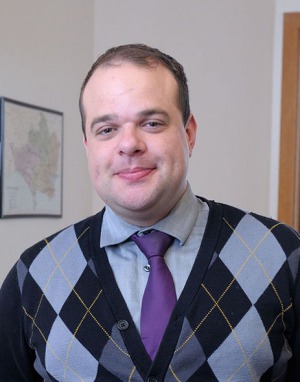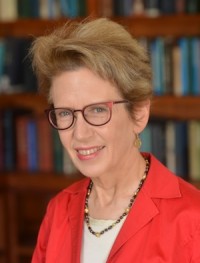The Challenges of Reproducibility In Data Scarce Fields
Speakers

Peter Darch
University of Illinois, Urbana-Champaign
Peter Darch is an assistant professor in the School of Information Sciences at the University of Illinois at Urbana-Champaign. Prior to joining the iSchool at Illinois, Darch worked as a postdoctoral researcher in the UCLA Department of Information Studies and Center for Knowledge Infrastructures, with which he continues to collaborate on studies of the building, running, and effects of information infrastructures that support scientific collaboration.
His dissertation for the DPhil in computer science from the University of Oxford (2012) addressed how scientists and software engineers in online citizen science projects manage members of the public to process and generate large datasets. This doctorate followed an MA in the history and philosophy of science and medicine (Durham University, 2006) and an MMath in mathematics from the University of Oxford (2004).

Christine Borgman
UCLA
Christine L. Borgman is Distinguished Professor and Presidential Chair in Information Studies at UCLA. Prof. Borgman is the author of more than 200 publications in information studies, computer science, and communication, including three sole-authored monographs. Her newest book, Big Data, Little Data, No Data: Scholarship in the Networked World, was published by MIT Press in 2015. Scholarship in the Digital Age: Information, Infrastructure, and the Internet (MIT Press, 2007) and From Gutenberg to the Global Information Infrastructure: Access to Information in a Networked World (MIT Press, 2000) each won the Best Information Science Book of the Year award from the American Society for Information Science and Technology (ASIST).
She is a Fellow of the American Association for the Advancement of Science and of the Association for Computing Machinery; a recipient of the Paul Evan Peters Award from the Coalition for Networked Information, Association for Research Libraries, and EDUCAUSE; the Research in Information Science Award from ASIST; and a Legacy Laureate of the University of Pittsburgh. She is a member of the Board of Directors of the Electronic Privacy Information Center, U.S. Co-Chair of the CODATA-ICSTI Task Group on Data Citation and Attribution, and previously served on the U.S. National Academies’ Board on Research Data and Information and the U.S. National CODATA.